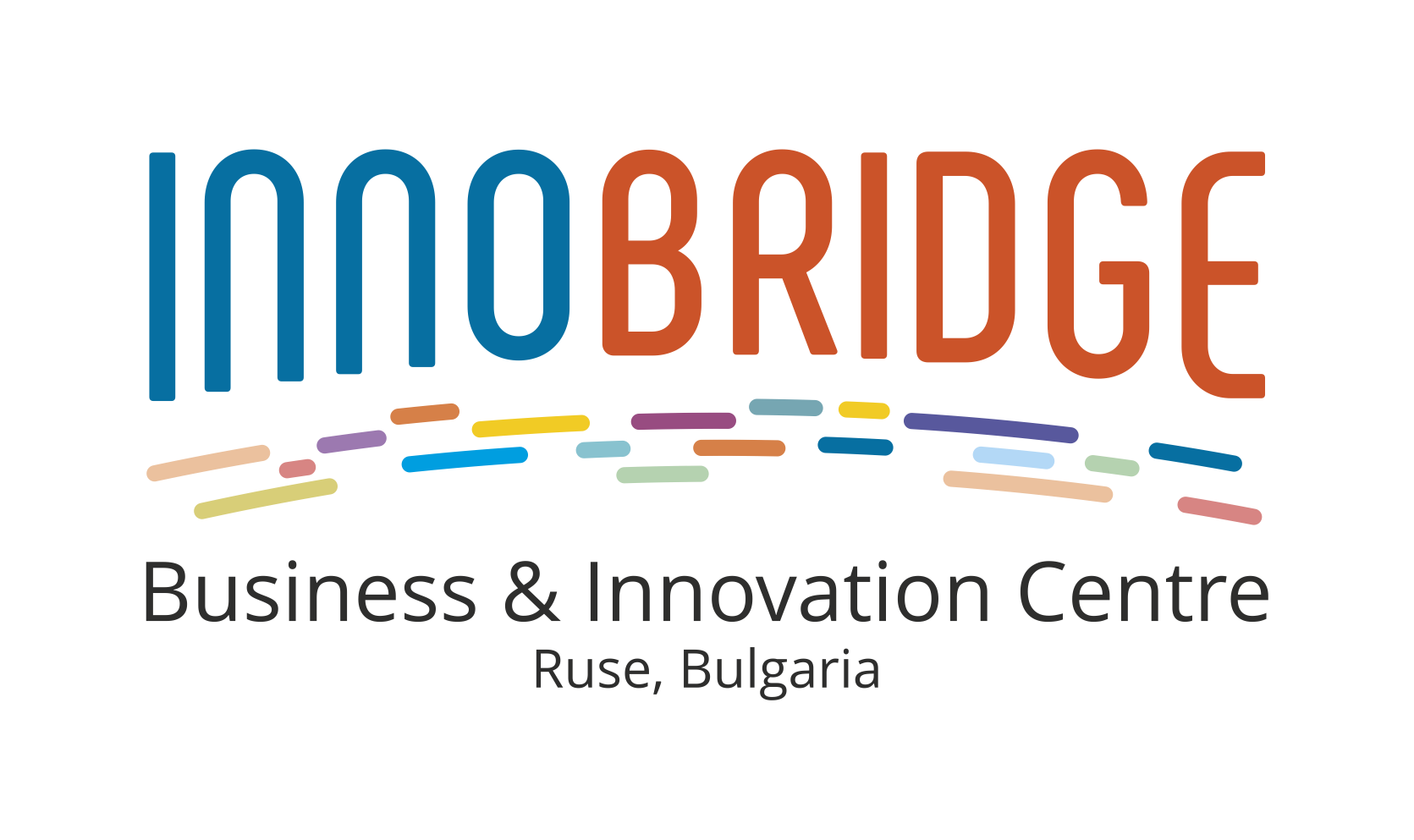Innovation is the engine of modern business
"Innovation is a child of freedom because it is a free, creative attempt to satisfy freely expressed human desires. Innovative societies are free, the people in them are free to express their desires and seek their satisfaction, and creative minds are free to experiment to find ways to fulfill the demands - as long as they do not harm others." "A Brief History of Innovation – Matt Ridley
There is hardly any company that does not aim to develop and use the full potential of its employees. The prosperity, progress and life cycle of an enterprise is largely related to the company's attitude towards innovation.
The environment
Fostering innovation in an organization requires creating the right environment where not only is creativity encouraged, but there is enough freedom and flexibility for the people who choose to develop there. Innovation, creativity and freedom are inextricably linked, because when employees have their so-called "space for free thinking" and experimentation, they are more likely to come up with new ideas and find solutions to problems. When organizations cultivate their innovation culture and create the right conditions, enabling their employees to experiment and develop ideas, they can achieve remarkable results. Examples are everywhere. Companies like Google, Tesla, Netflix, Amazon have developed and cultivated their environment in such a way that new ideas are welcomed, even if not all of them lead to success. This includes encouraging open communication, involving employees in decision-making and recognizing their efforts.
Combinations of ideas
Innovations are often recombinant in nature, meaning that they do not arise in complete isolation or as something entirely new, but by combining existing ideas, technologies and knowledge into new and more efficient solutions. This principle shows how complex and revolutionary innovations are born through the integration of existing concepts in a new way, thus creating new products, services or processes. The creation of the smartphone is an iconic example of this. Many of its components already existed before its appearance. Cameras, mobile phones, internet connections and touch screens used to be separate technologies, but combining them into one product resulted in a revolutionary technology that transformed not only communication but entire industries (entertainment, commerce, healthcare).
The strategies
There is no universal formula that can be applied in every company so that it always guarantees success. Neither economists nor sociologists are able to provide a complete and comprehensive explanation of why and how exactly innovations occur, but knowledge and experience since the Industrial Revolution have shown that they occur where people meet and exchange goods, services, and ideas. It is a "team" activity involving teams and multidisciplinary groups with diverse skills, experience, ideas. This is precisely what provides different innovative approaches and diverse solutions. However, there are some proven key strategies that can promote individual development and collective success:
- Foster open communication and a culture of trust. Establish an environment where every team member feels comfortable sharing their ideas, even when they are unconventional. Building a culture of trust is critical because innovation often requires sharing new and untested ideas. A tried-and-tested approach here is to hold regular meetings where employees can freely share their ideas without fear of criticism or rejection. Feedback should be constructive and aimed at improvement.
- Granting autonomy and freedom of action. Give your employees the freedom to experiment, make decisions and explore new ideas. Freedom of action increases motivation and creativity as people feel more responsible for their projects. One way to achieve this is instead of controlling every action, formulate clear goals, letting the team determine the best path to achieve them. Give them time and space to work on their own projects and ideas, which encourages personal input.
- Accepting failure as part of the process. Failure is an integral part of the innovation process and should be accepted as a necessary condition for success. Amazon is a good example of failure on the way to success, as Jeff Bezos often says: “Our success at Amazon is a function of how many experiments we do in a year, a month, a week, a year. If you're wrong, it might hurt a little, but if you're slow, you'll die. If you can increase the number of experiments from a hundred to a thousand, you will also dramatically increase the resulting innovations.” Failure should be used to gain experience, which also leads to improvement.
- Creating an environment that encourages experimentation and innovation. This can be a physical or virtual space where employees can engage in creative tasks and safely experiment with new ideas.
- Investing in development and training. Providing training and development opportunities to employees demonstrates a commitment to their long-term success. This may include participation in courses, seminars, knowledge exchange programs and mentoring.
Innovations and Bulgarian business
In order to consider how these innovation methods can be applied in the context of Bulgarian enterprises, it is important to note that innovation plays an increasingly key role in increasing the competitiveness of Bulgarian business in the global market. In the last 10 years, Bulgarian enterprises have been faced with the challenge of not only following global trends in innovation, but also implementing them in a way that meets the specific economic and social conditions in the country.
The lack of sufficient resources, knowledge and infrastructure severely limits their ability to develop and implement innovations. It is here that various national and European support programs come to the fore, providing the necessary funding and expertise to stimulate the innovation process in Bulgaria.
The role of BIC Innobridge
BIC Inobridge functions as a bridge between business and innovation, its main mission being to promote the development of innovation projects and cooperation between various stakeholders, including research institutes, universities and industrial enterprises. BIC Inobridge offers a wide range of services that support entrepreneurs and SMEs in the entire innovation process - from the initial idea to the market implementation of a new product or service.







